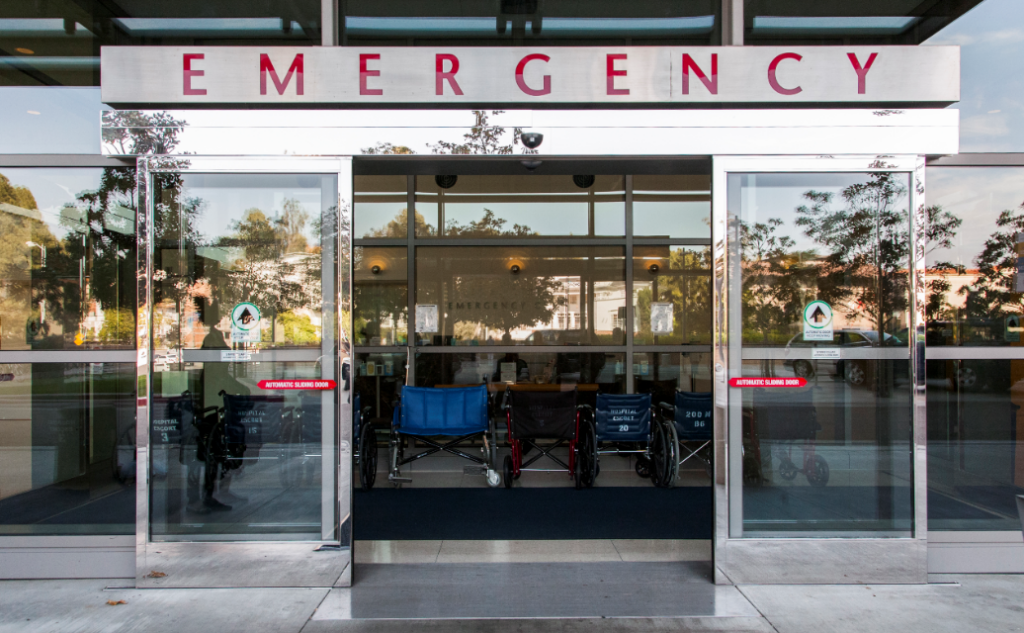
Everybody loves a story with a happy ending — especially a true one. The following real-life account involving a client’s patient has become known in-house as “the suitcase story.” It’s a beautiful example of going above and beyond, and of how an approach focused on solving one person’s problem can can create positive outcomes beyond.
The patient, a truck driver based in Florida, was traveling through Alabama when he became ill and went to the nearest ER. He had no home and lived out of his work truck, with all of his belongings in two suitcases he traveled with. Parallon started working with the patient and helped him apply for Supplemental Security Income (disability) benefits.
That’s when a problem arose that would not only derail the gentleman’s efforts to receive disability benefits and Medicaid, but also to destroy his few possessions — a situation that was simply unacceptable to Parallon’s Medicaid eligibility team.
In health care, you’re either taking care of patients or supporting those that do. And so began a saga of advocacy and determination that offers lessons for all of us, whatever role we play.
According to Stacey Collins, the Medicaid eligibility regional director at the time, this story of perseverance and triumph — which we’ll get back to in just a moment — demonstrates how imperative it is to:
- Work each eligibility case individually. Each case is unique, which means there are no cookie-cutter solutions. As healthcare becomes more and more focused on the individual, this lesson cannot be overemphasized.
- Collaborate with others to solve issues. The need for accurate and timely information-sharing and other forms of collaboration between all those involved in a patient’s care has never been more important.
- Think outside the box. Look beyond the obvious solutions and try to find new ways to enhance the value we bring to our customers and partners.
In the case of the truck driver, his company had picked up his truck, inventoried its contents and advised him that he must come to its offices in another city and sign for his suitcases. Parallon tried to pick up the suitcases for him, but the trucking company would release them only to the patient, who was in no medical condition to travel. Meanwhile, the clock was ticking: The suitcases and their contents — everything the trucker owned — if not picked up promptly, would be destroyed.
Thankfully, the patient’s health got better and he was able to return back to his home state. Social Security, having approved him for disability, was trying to finish processing his benefits but needed his green card and other verifications to process his benefits and issue Medicaid. Those verifications, unfortunately, were in a warehouse in one of the two suitcases, which were wrapped in plastic and nearing their date of destruction.
Jamie Goodman, the Medicaid eligibility area manager at this time, refused to let the case go, assuming that the patient couldn’t get his benefits because he didn’t have what he needed to get them processed. “When one door closed, she pursued another,” Collins says.
Goodman’s hard work included numerous phone calls, the obtaining of releases, conversations with chains of supervisors and refusals to take no for an answer. The trucking company originally said it could not ship the suitcases, even if the costs were covered. But Parallon pushed all the way to the corporate office, which ultimately released them so Parallon could have them shipped to the patient back in Florida.
Upon receiving his suitcases, the patient was able to go to the Social Security office, verifications in hand, and get his benefits processed.
We’re inspired by “the suitcase story” — and every one of our Medicaid eligibility team members for constantly going above and beyond — and will continue to use them as a shining example of how we advocate for patient’s needs while improving results for hospitals.